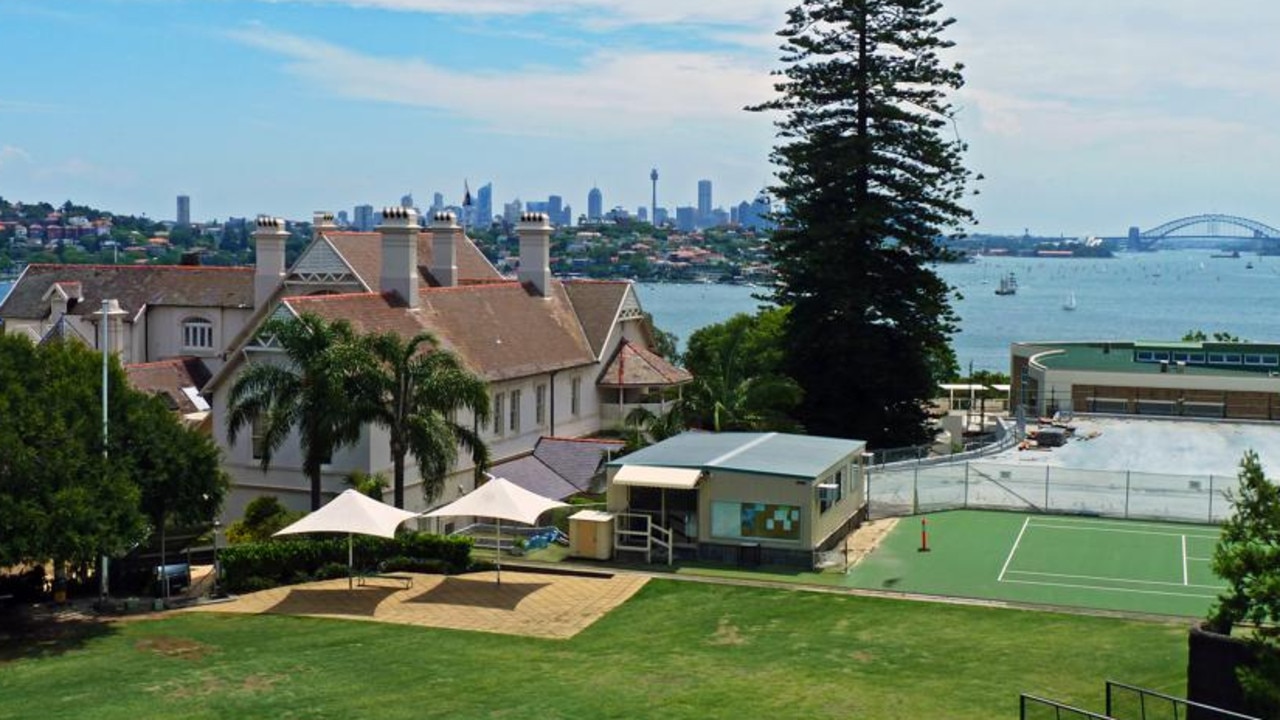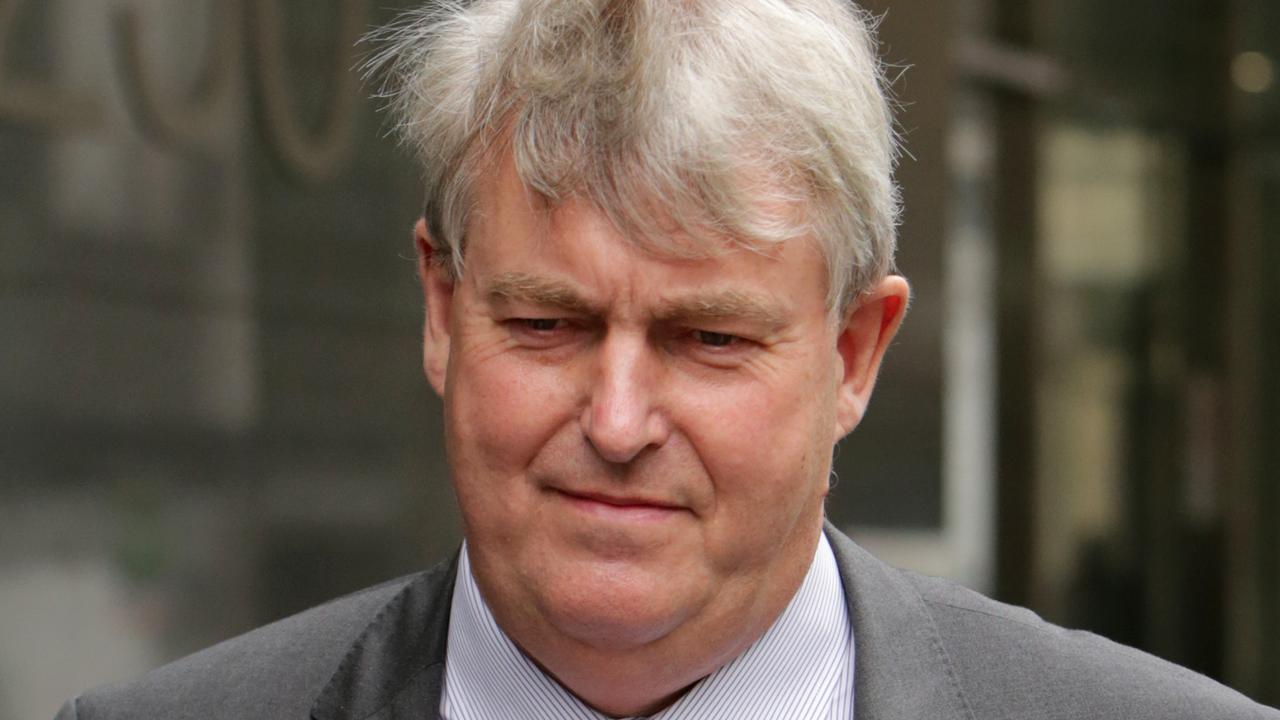Single-sex vs co-ed: Theory behind worrying sexual assault trend in Australian schools
Out of hundreds of sick stories emerging from Australian schools this week, there is a common theme mentioned time and time again.

As hundreds of shocking sexual assault and rape allegations emerged from Australian teenagers this week, a handful of schools were mentioned by victims time and time again.
Among the chilling testimonies, students from single-sex private Sydney schools like Scots College, Cranbrook, Sydney Grammar, Waverley College, Kambala, Monte Sant Angelo and Pymble Ladies’ College were repeatedly mentioned.
The woman who uncovered the stories by creating a petition said she believes it’s no coincidence that all of the schools that kept being mentioned were same-sex institutions.
Since former Kambala student Chanel Contos’ petition went viral on social media last week, it has brought in testimonies from students at both state and private schools around the nation.
She believes that splitting up boys and girls for their education is “100 per cent” an aggravating factor in the problem around sexual assaults and rape that she has exposed this week.
Ms Contos, who now lives in London, said nobody she has spoken to while overseas has experienced anything like what young girls are subjected in Australia, and she believes gender segregation has a big role to play.
“In Australia, we’re in a very weird position on this because single-sex schools are way more prevalent than in other countries,” Ms Contos, who was educated in an all-girls herself, told news.com.au.
RELATED: Chilling story shows dark problem with porn

She believes the segregation of genders “is not reflective of real life” and is leading to big problems with sexual encounters between Australia’s teenagers.
“Because they are separated at school, it means the only time they do meet is on weekends – when there is often alcohol and drugs involved,” she said.
Having lived in three countries, she said she has spoken to hundreds of people from around the world about rape culture in their respective countries.
“Out of all those people I have spoken to, I have never heard of anything that comes close to the experiences that me and my friends had growing up in Australia,” she said.
“Rape culture is a problem all over the world, but what’s frustrating is that it is so bad in Australia when we are so prosperous and have so many resources to tackle it.
“If we are going to have so many single-sex schools, then we need to start talking to the students about issues around consent.”
She said this means addressing toxic cultures like “slut-shaming” in girls’ schools, and addressing “locker room talk” in boys’ schools.
Professor Mary Louise Rasmussen – an expert in gender, sexuality and education at the Australian National University – told news.com.au that Ms Contos’ assertion about Australia having a disproportionate number of private and single-sex schools compared with other nations was correct, and that it had come about as a result of major Federal Government investment in non-government schools.
Funding for students at Catholic and independent schools in Victoria, for example, has grown almost 15 times faster than for state schools in the past decade.
The government says it is doing this because it has a “commitment to supporting parental choice and diversity in the schooling system”.

However, Prof Rasmussen said this had resulted in Australia having a disproportionate number of single-sex schools.
She said it’s difficult to measure what effect the segregation of genders is having on Australian teenagers – but that a trove of anecdotal evidence has been uncovered over the years, showing a culture that rewards bad sexual behaviour is being promoted among students at single-sex schools.
In September, a disturbing muck-up day list from a prestigious all-boys school on Sydney’s north shore – including a number of sick sexual ‘challenges’ – was uncovered.
A year earlier, a scandal erupted when students from an exclusive Melbourne private boys school were filmed singing sexist chants on a tram in their uniforms.
A female passenger filmed the chants which included lines like: “I wish that all the ladies were holes in the road.”
“There are problems with sexual assault and consent at all schools in Australia, but what we can see from the large amount of anecdotal evidence over the years that there appears to be a problem, particularly at all-boys schools where students are rewarded for being a ‘stud’,” Prof Rasmussen said.
She said the stories uncovered Ms Contos this week have shown this culture in a level of detail that’s never been seen by the public before.
With the momentum Ms Contos has achieved, Prof Rasmussen believes there is a golden opportunity to introduce earlier sex education and speak to young people about consent from an earlier age.
“We keep hearing these stories but nothing ever changes,” she said. “There’s no accountability or consistency in sexual education across Australia. It doesn’t give you a good ATAR score so it doesn’t gain traction.

“But I believe the Federal Government should look at this now, especially since they are seeing problems with it in their own party.”
Despite the popularity of independent same-sex schools in wealthy areas like Sydney’s eastern suburbs and north shore, the majority of government schools in Australia are coeducational.
And, the single-sex format is becoming less and less popular as time goes on.
Researchers project the declining trend of single-sex schools could result in them disappearing completely within the independent sector by 2035.
In the past 50 years, less than 2 per cent of more than 500 new independent secondary schools established in Australia have been single-sex.
Meanwhile, 48 coeducational schools have been created from what were once originally single-sex schools.
Leaders of some of the single-sex schools mentioned repeatedly in the testimonies of sexual assault and rape survivors in the past week say they are shocked by what has been uncovered in the past week and have vowed to take action.
One of them, the headmaster of Sydney’s all-boys Cranbrook School, Nicholas Sampson, said that one of the steps he will be taking will be hosting mixed gender education program with girls from local schools.
“We have commenced conversations with neighbouring schools regarding the formulation of shared programs so that boys and girls can learn alongside, and get to know, each other beyond the pressure-cooker of the party scene and other unhelpful influences,” he said.

Meanwhile, principal of The Scots College, Dr Ian Lambert, addressed the allegations in an email to parents and staff.
“I am deeply saddened that these young women have experienced such trauma and have had to resort to this public call for help,” Dr Lambert wrote. “It is a wake up call for us all. They are to be commended for their bravery in standing up and speaking out.
“The College, in partnership with students and families, will continue to offer support and be an integral part of the solution.
“Both at home and at school the Scots community must encourage open communication about the values and type of behaviour that is acceptable and not acceptable. Consistent, regular and open discussion is very important.”
Waverley College principal Graham Leddie said the school “abhors abuse”.
“Any student who commits abuse deserves the fullest consequences for their actions. And anyone who covers up abuse is guilty of allowing sickening behaviour to go unaddressed, and they too should face consequences,” he said in a statement.
“Our focus is not only to ensure a safe environment for students, but for students to learn
that they are responsible as individuals to always create safe environments for others.
“A culture of respect must be instilled in boys from their earliest days at home, and reinforced
throughout their schooling. Every person has the right to feel safe.”
Know more? Email benjamin.graham@news.com.au. Follow @bengrahamjourno on Twitter




